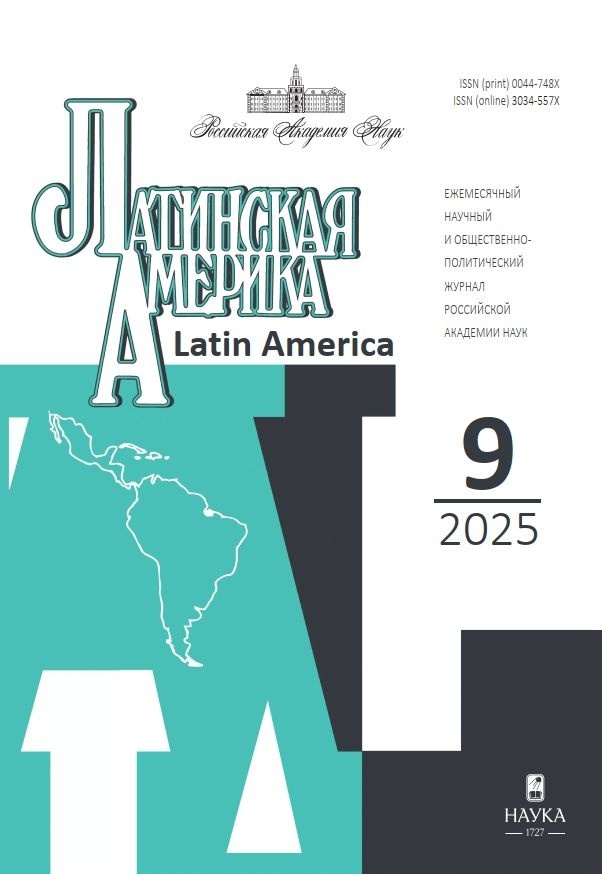Russian-Bolivian energy cooperation. A SWOT analysis of bilateral engagement in atomic and lithium sectors
- Autores: Ptitsyna V.A.1, Meshkin D.R.1
-
Afiliações:
- RUDN University
- Edição: Nº 9 (2025)
- Páginas: 45-59
- Seção: International ties
- URL: https://genescells.com/0044-748X/article/view/692066
- ID: 692066
Citar
Texto integral
Resumo
This article examines Russian-Bolivian energy cooperation through a SWOT analysis with a focus on bilateral cooperation in the nuclear and lithium sectors. By analyzing strengths, weaknesses, opportunities and threats, the study assesses the current state and future prospects of this partnership. Strengths include advanced Russian technology, growing demand for lithium, and alignment with global sustainable deve-lopment goals. Weaknesses include political instability in Bolivia, high costs for lithium mining, construction of nuclear facilities and technology gaps. Opportunities lie in expanding cooperation beyond energy, promoting multipolarity through BRICS, and increasing trade. Threats include the US influence, regional competition and environmental concerns. Using qualitative content analysis and secondary data, the study emphasizes the strategic importance of these relationships for changing geopolitical dynamics and advancing sustainable development in Latin America.
Sobre autores
Vitalina Ptitsyna
RUDN University
Autor responsável pela correspondência
Email: vitalina.ptitsyna@mail.ru
ORCID ID: 0009-0002-6357-0505
Bachelor student, Department of theory and history of international relations
Rússia, Miklukho-Maklaya Str., 6, 117198 Moscow, Russian FederationDanial Meshkin
RUDN University
Email: randzhbar_meshkin_d@pfur.ru
ORCID ID: 0000-0002-1619-3383
Candidate of Historical Sciences, Assistant in the Department of theory and history of international relations
Rússia, Miklukho-Maklaya Str., 6, 117198 Moscow, Russian FederationBibliografia
Arquivos suplementares









